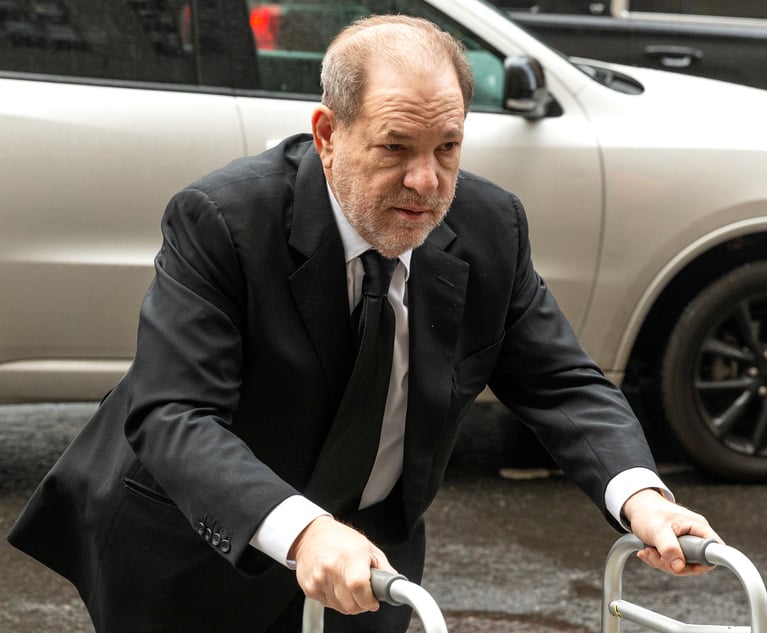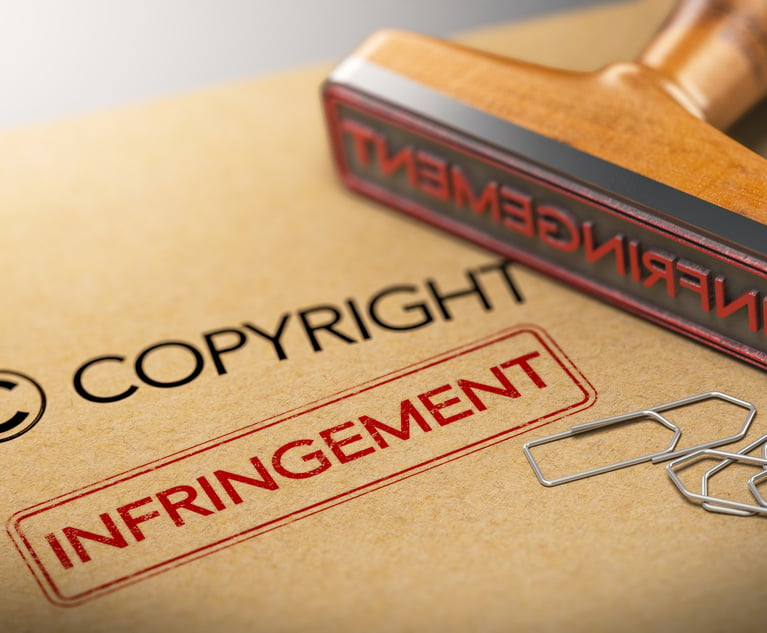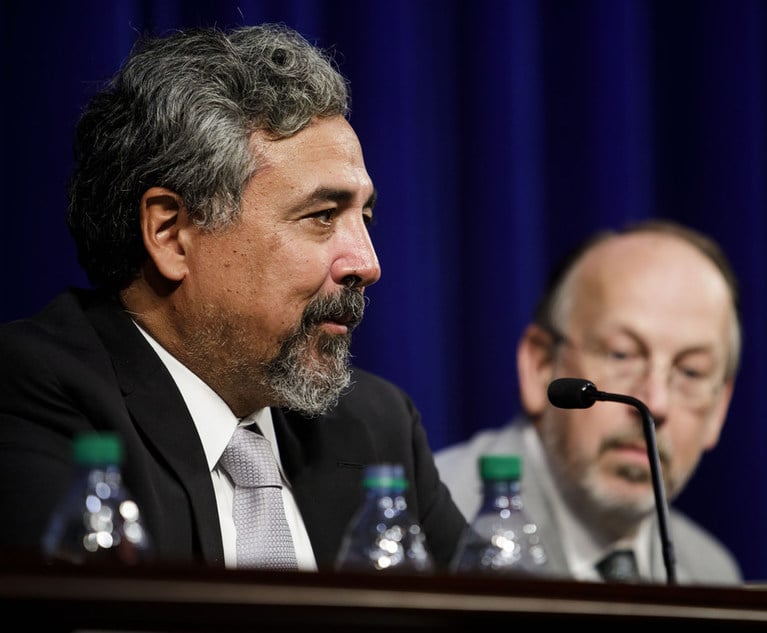In two very recent cases, the U.S. Courts of Appeals for the Eleventh Circuit and the Federal Circuit both have delved into the sometimes-murky world of implied copyright licenses, which can arise from the totality of the circumstances surrounding the dealings between a copyright owner and an alleged infringer. In both cases, the defense was unsuccessful, and in the process of rejecting it both courts confirmed that the defendant bears the burden of showing that the copyright owner intended that its copyrighted works be used in the manner that defendant used them. As these cases demonstrate, proving the copyright owner’s intent in the absence of a written agreement—and in the face of strenuous disagreement by the copyright owner—can present a difficult evidentiary challenge for defendants.
‘MidlevelU’
The Eleventh Circuit in MidlevelU v. ACI Inf. Group, 20-10856, 2021 WL 805534 (11th Cir. March 3, 2021) affirmed a Florida District Court decision involving defendant’s verbatim copying of blog posts distributed for free by plaintiff. Plaintiff used the blog to attract traffic and potential customers for its revenue-producing website, which provides informational resources for midlevel healthcare providers such as physicians’ assistants. The blog posts were made available to subscribers through an RSS feed, so users could easily keep up with new posts. Defendant ACI is an aggregator of online news publications. One of its offerings is a “Scholarly Blog Index,” which provides computer-generated summaries of articles from thousands of blogs, including plaintiff’s. The Index also includes bibliographic information, a link to the original post, and a tab containing an “iFrame” window that the court describes as a “live snapshot” of the full-text article. The iFrame allows users of defendant’s Index to read the article while remaining on defendant’s site, rather than being redirected to plaintiff’s site.


 Robert W. Clarida and Robert J. Bernstein
Robert W. Clarida and Robert J. Bernstein




